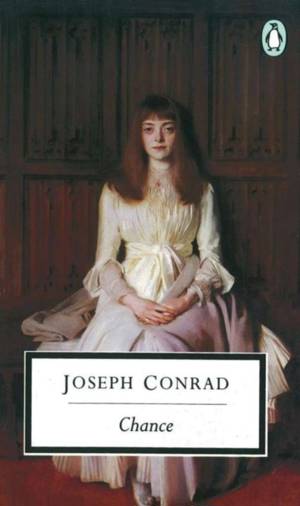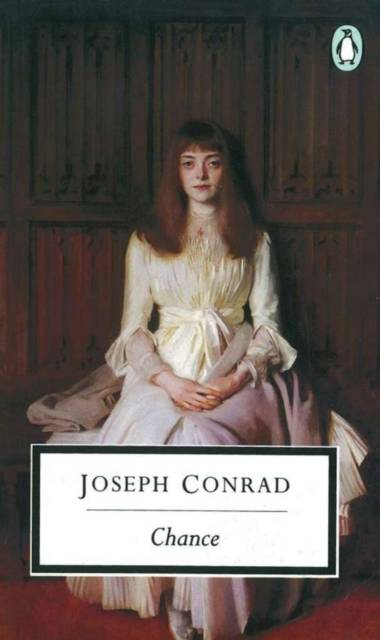
- Afhalen na 1 uur in een winkel met voorraad
- Gratis thuislevering in België vanaf € 30
- Ruim aanbod met 7 miljoen producten
- Afhalen na 1 uur in een winkel met voorraad
- Gratis thuislevering in België vanaf € 30
- Ruim aanbod met 7 miljoen producten
Zoeken
€ 15,45
+ 30 punten
Uitvoering
Omschrijving
"It is a mighty force that of mere chance, absolutely irresistible yet manifesting itself often in delicate forms such for instance as the charm, true or illusory, of a human being" In Flora de Barral, the slender, dreamy, morbidly charming daughter of a parvenu financier, Conrad creates his most complex heroine and one of his most unrelenting, but not unhopeful, novels of emotional isolation. Neglected by her bankrupt father and rejected by her governess, drifting into abstraction and despair, Flora takes refuge at sea on Captain Anthony's ship, where tragedy and her transformation begin. When published in 1913, Chance was an immediate success. Arnold Bennett wrote that "this is a discouraging book for a writer because he damn well knows he can't write as well as this"; while an anonymous reviewer in Punch declared that "the whole thing is much nearer wizardry than workmanship." For more than seventy years, Penguin has been the leading publisher of classic literature in the English-speaking world. With more than 1,700 titles, Penguin Classics represents a global bookshelf of the best works throughout history and across genres and disciplines. Readers trust the series to provide authoritative texts enhanced by introductions and notes by distinguished scholars and contemporary authors, as well as up-to-date translations by award-winning translators.
Specificaties
Betrokkenen
- Auteur(s):
- Uitgeverij:
Inhoud
- Aantal bladzijden:
- 368
- Taal:
- Engels
- Reeks:
Eigenschappen
- Productcode (EAN):
- 9780140186543
- Verschijningsdatum:
- 5/01/1993
- Uitvoering:
- Paperback
- Formaat:
- Trade paperback (VS)
- Afmetingen:
- 112 mm x 179 mm
- Gewicht:
- 185 g

Alleen bij Standaard Boekhandel
+ 30 punten op je klantenkaart van Standaard Boekhandel
Beoordelingen
We publiceren alleen reviews die voldoen aan de voorwaarden voor reviews. Bekijk onze voorwaarden voor reviews.











